Solar Lottery by Philip K. Dick
Although the Philip K. Dick novel Solar Lottery is correctly cited as being the writer’s first full-length piece of fiction to see the light of day, it was hardly the first time the budding author saw his name in print. The 26-year-old Dick had already seen some 35 short science fiction stories published between 1952 and 1953, beginning with his first sale, “Beyond Lies the Wub,” in the July 1952 issue of Planet Stories; he would see 27 stories go into print in 1953 alone!
Read More

 (1928-1982)
(1928-1982)





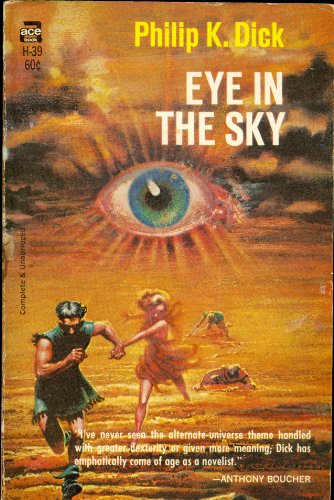









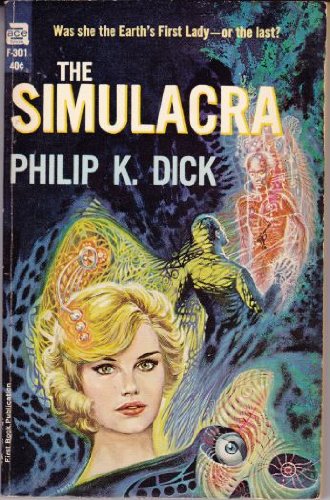




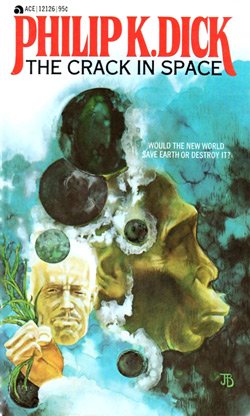


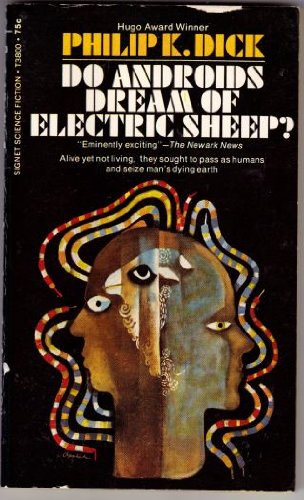



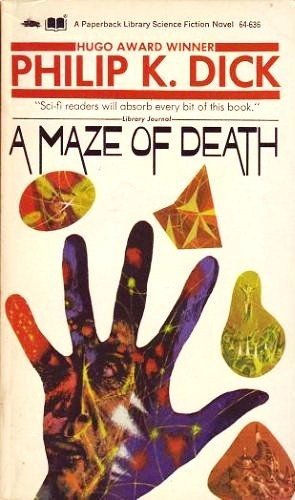






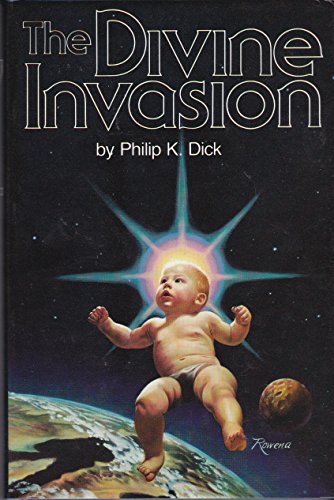



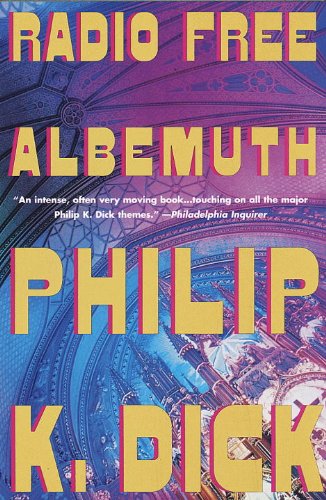






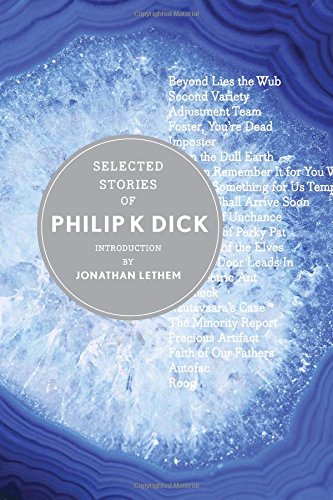





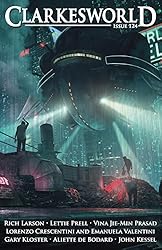

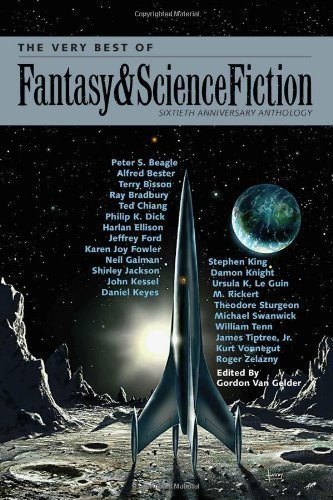





Convergence Problems by Wole Talabi A brilliant and varied collection of mostly-SF stories, many of which focus on the interactions…
Childhood's End- Arthur C. Clarke
The only genre book I read last month was The Ghost Book, a 1926 anthology compiled by Lady Cynthia Asquith,…
Best fiction I read in April was Ian C. Esslemont's new Malazan book, Forge of the High Mage. Best non-fiction…
I read the first four books in the "Children Of the Lamp" series by P.B. Kerr. The name of the…